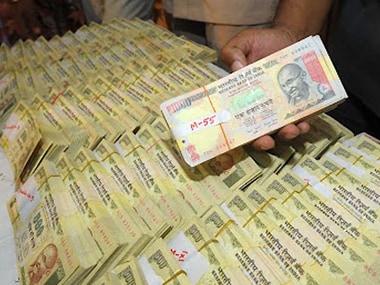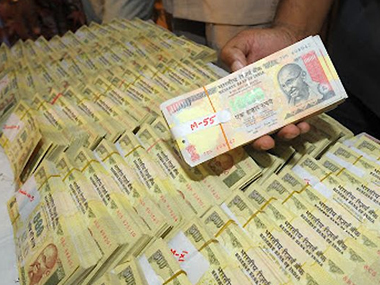Those who mock the Modi government and Prime Minister Narender Modi personally for the admittedly disruptive demonetisation of 500 and 1000 rupee notes refuse to smell the coffee brewing under their very nose. They shrug off the claim that demonetisation far from being an official money laundering scheme has served to smoke out a large chunk of black money that perforce had to pour into the mainstream melting pot. But critics are not easily persuaded by the long-term benefits. Even the former Prime Minister Manmohan Singh who is also an economist pooh-poohed the long-term benefits of demonetisation by citing the Keynesian facetious expression ‘we are all dead in the long run’! Critics however are persuaded by concrete proofs given here and now. And the Modi government has come out with the first installment of such proof as evidenced by the screaming Firstpost headlines doing the rounds—Govt cancelled 2.24 lakh suspected shell companies post demonetisation, disqualified 3.09 lakh directors. That as much as Rs 17,000 crore were deposited and withdrawn during the demonetisation period with one company having a dubious honor of depositing and post-haste withdrawing Rs 2,484 crore post-demonetisation should silence the critics. Another company was found to have as many as 2,134 accounts. Demonetisation indeed was meant to flutter the dovecots of crooks. The first proof, if one were needed, has been furnished. [caption id=“attachment_3102386” align=“alignleft” width=“380”]  Representational image. PTI[/caption] Excellent follow-up measures would be to freeze all their bank accounts and registration of sale of immovable properties. It is not as if shell companies sprung up all of a sudden as a riposte to demonetisation. They have been around since eons. To be sure not all shell companies are dubious with some of them being necessitated by secrecy considerations in the negotiation tables and to park intellectual properties assiduously earned by promoters lest public shareholders lay claim on them. But in the Indian context, shell companies by and large have been promoted to park illicit funds with a veneer of respectability thus proving that black money is not always held in dingy lofts are dirty, soiled sacks. There is an innocent view that shell companies should not be allowed to be registered in the first place. This view smacks of huge naiveté and is of a piece with the mistaken notion bad people are born bad. At birth nobody is bad. Likewise, on registration no company is dubious much less can be characterized as ‘shell’ on the face of it unless the promoters’ brains are mapped to ferret out their intents. Lack of activity for a sustained length of time followed by a volcanic eruption of frenzied financial activity is often an indicator of dubiousness and lack of substance as the ongoing investigations by the sleuths in the Ministry of Corporate Affairs are revealing. Modi and his Finance Minister Arun Jaitley must be complimented for charting out a well-planned attack on black money based on the tripod of demonetisation, crackdown on shell companies and GST. Critics forget how the government kept tabs on bank officials, launderers, sundry goldsmiths and crooked lawyers who played the handmaiden role during the tense demonetisation period. But one year is an inordinately long time for sleuths to slam them with a watertight case of money laundering. A quick completion of investigations and filing of charge sheets would provide further proofs of the positive role played by demonetisation in smoking out black money. One hopes the Opposition does not find fault with the recent crackdown as being driven and egged by Gujarat elections. Let the first anniversary of demonetisation be celebrated with action rather than with defensive speeches.
Critics forget how the government kept tabs on bank officials, launderers, sundry goldsmiths and crooked lawyers who played the handmaiden role during the tense demonetisation period.
Advertisement
End of Article


)

)
)
)
)
)
)
)
)



